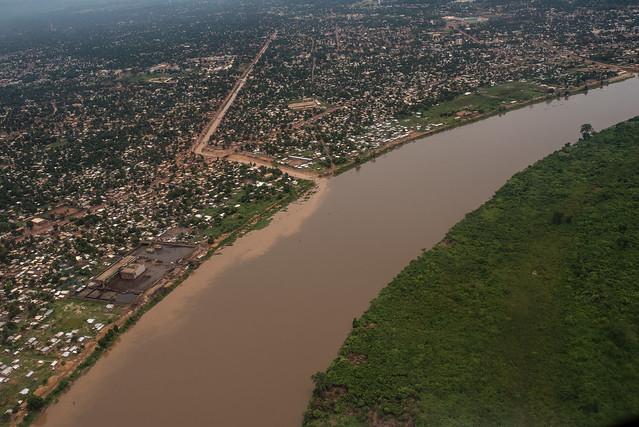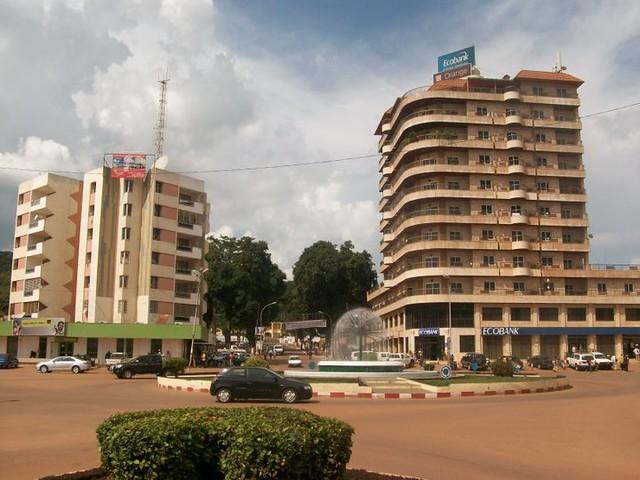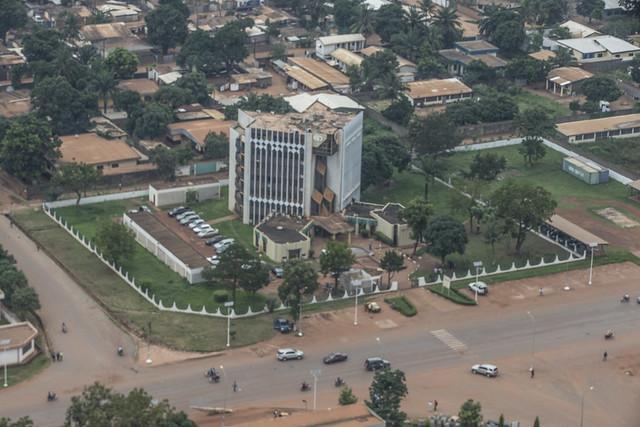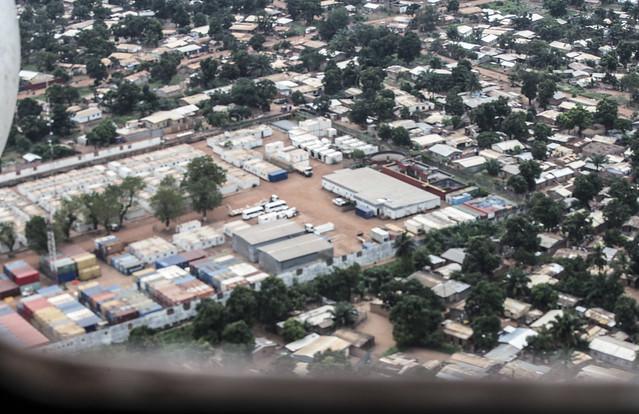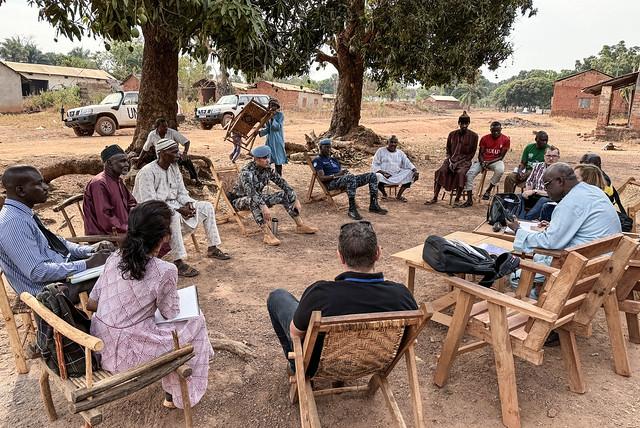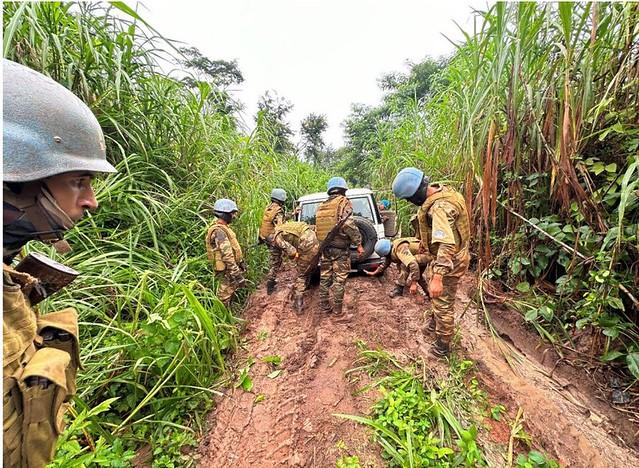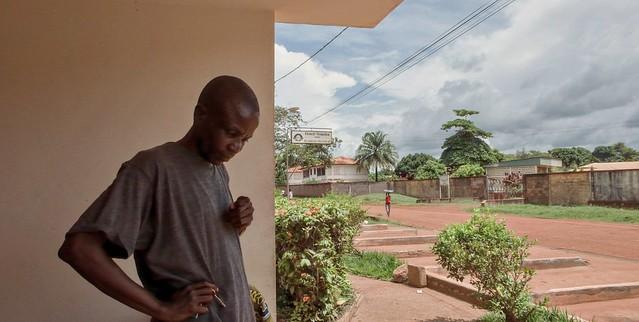Bangui
Overview
Overview of Bangui
Bangui, the capital city of the Central African Republic (CAR), is a vibrant hub teeming with life, culture, and history. Nestled along the banks of the Ubangi River, it serves as a gateway to the country’s natural beauty and diverse ethnicities. The atmosphere in Bangui is a lively blend of traditional African customs and modern influences, making it a fascinating destination for travelers eager to immerse themselves in the local way of life.
The city is characterized by its bustling markets, particularly the famed Marché Central, where locals and visitors alike can find a wide array of goods, from fresh produce to handcrafted jewelry. Here, the air is filled with the sounds of haggling vendors and the rich aromas of street food, offering a taste of authentic Central African cuisine. Don’t miss trying local dishes such as saka-saka (cassava leaves) and poulet moambé (chicken in peanut sauce), which are staples in the region. The market is not just a shopping experience but also a cultural one, where one can observe the daily lives of Bangui’s residents and the vibrant community spirit that defines the city.
Cultural Richness
Bangui is home to a diverse population, comprising over 80 ethnic groups, each contributing to the city’s cultural tapestry. The traditional music and dance forms, such as Nganga, often echo through the streets, especially during festivals and celebrations. These events provide an opportunity for travelers to witness the enthusiasm and pride locals take in their heritage. The National Museum of the Central African Republic offers insights into the country’s history, showcasing artifacts, traditional art, and exhibits that narrate the rich stories of its people.
The city's atmosphere is deeply influenced by its historical significance. Established in the late 19th century as a French colonial outpost, Bangui has evolved through various phases, including periods of civil unrest and recovery. The remnants of colonial architecture can still be seen in structures like the Presidential Palace and the Bangui Cathedral, which attract visitors interested in the historical narrative of the region. The city's history is complex, and engaging with local guides can enhance understanding, providing context to the resilience and spirit of its people.
Natural Beauty
Beyond its urban landscape, Bangui serves as a gateway to the stunning natural beauty of the Central African Republic. The surrounding areas boast lush forests, rivers, and wildlife. The nearby Boali Waterfalls, just a short drive from the city, offer a breathtaking escape into nature, providing opportunities for hiking and picnicking. Wildlife enthusiasts can explore regions like the Dzanga-Sangha National Park, known for its biodiversity and the chance to see endangered species, including elephants and lowland gorillas.
Local Characteristics
The people of Bangui are known for their warmth and hospitality, often welcoming travelers with open arms. Engaging with the locals can provide a deeper appreciation of the customs and daily life in the city. The vibrant street art scene is also worth exploring, with murals and installations that reflect both contemporary issues and traditional themes. The evenings come alive with social gatherings, music, and dancing that characterize the city's nightlife, providing a perfect way to unwind after a day of exploration.
In summary, Bangui is a city that encapsulates the essence of the Central African Republic—rich in culture, steeped in history, and surrounded by natural beauty. It offers travelers a unique glimpse into the life of its inhabitants and a chance to experience the warmth and resilience of its people, making it a destination worth exploring.
How It Becomes to This
History not available
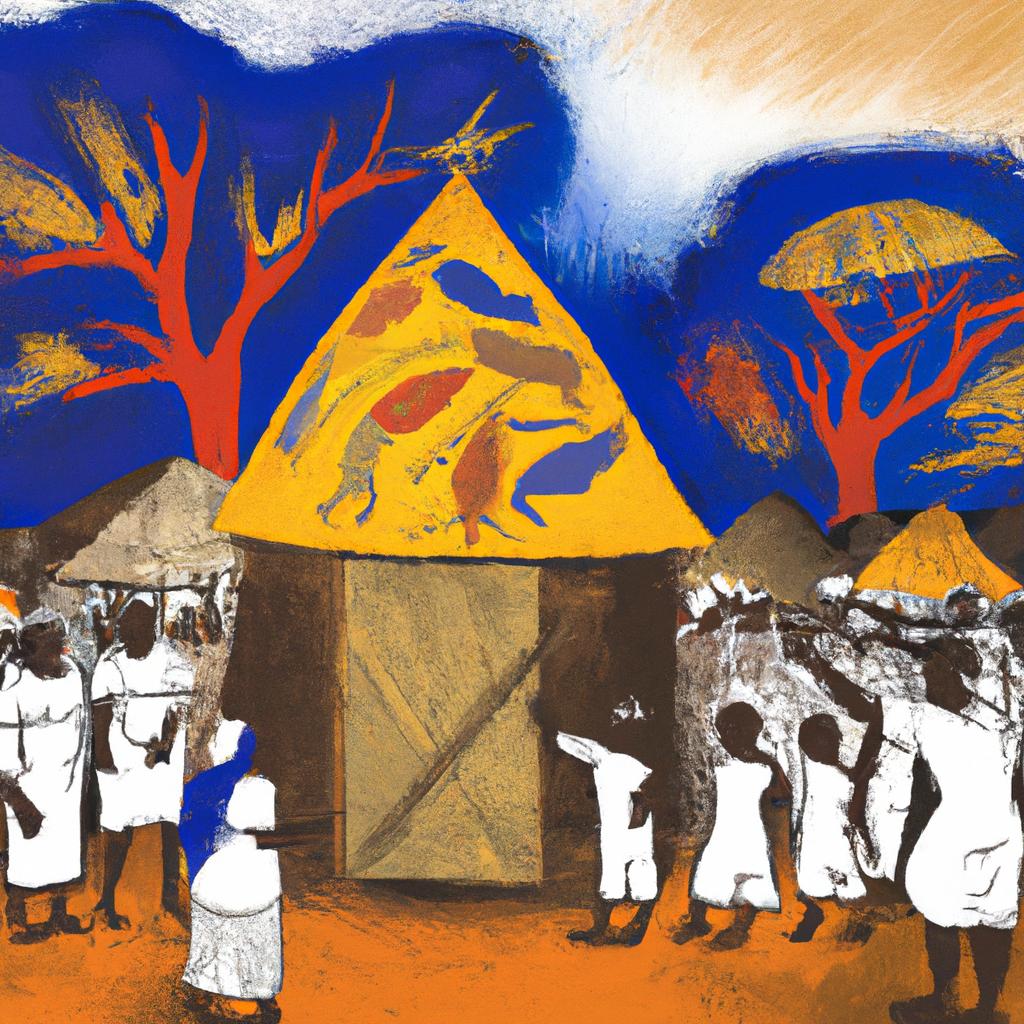
You May Like
Explore other interesting states in Central African Republic
Discover More Area
Delve into more destinations within this state and uncover hidden gems.


